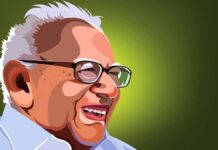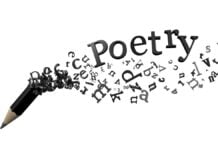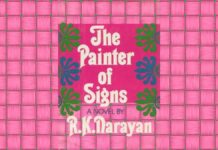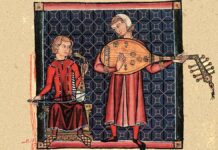World literature is used to refer to the total of the world’s national literature and the circulation of works into the wider world beyond their country of origin. In the past, it primarily referred to the masterpieces of Western European literature; however, world literature today is increasingly seen in an international context. Now, readers have access to a wide range of global works in various translations.
The term Weltliteratur, or world literature, was coined by German novelist and poet Johan Wolfgang von Goethe in 1827. He used it to describe what at that time appeared to be a rise in the availability of literature from other countries around the world. The access to such diverse works eventually gave rise to comparative literature departments in universities throughout the US and Europe. World literature includes works of literature from any country with a written language. It also includes publications of ancient texts from cultures as diverse as those of the Aztecs and Sumerians.
World literature continues to arouse excitement in the academic world as well as among the general reading population. Some scholars believe that the availability of properly presented global literature creates a new arena of insight, knowledge and learning. It has the possibility of engendering exciting ideas and knowledge between the creating and receiving cultures. It may also lead to innovative and cross-cultural literature with shared themes.
Some think that Goethe’s appraisal of the concept of world literature was partly right. It may have sprung from the sudden availability of new books from other parts of the world. That the concept was sustained and continues to grow, however, is also attributed to the many universities and scholars around the world interested in the concept, as well as to the many lovers of literature.
The explosive growth in the range of cultures studied under the rubric of world literature has inspired a variety of theoretical attempts to define the field and to propose effective modes of research and teaching. In his 2003 book, What Is World Literature? David Damrosch understands world literature to be less of a vast collection of works and more a matter of circulation and reception. He proposed that works that thrive as world literature are ones that work well and even gain meaning through translation.
World literature means writing that circulates widely beyond the borders of its country of origin. For literature to truly be considered world literature, it has to speak to people of more than one nationality. Even books that are very much influenced by their country of origin can rise to become world literature if they contain that insight into human nature that transcends borders. Take the American classic The Adventures of Huckleberry Finn. This quintessentially American book might be about the South before the Civil War, but it reveals insights into the human heart, the nature of loyalty and courage, family, and morality in ways that are meaningful even for those outside of the USA.
Literature, in many parts of the world, has undergone a profound change in the 20th and 21st centuries, in part through changes in technology, communication, and warfare. In the aftermath of the First World War, literature took a dark turn. It’s no wonder – writers were inspired by a conflict with the potential to cause more death and destruction than had ever been seen. In the wake of World War I, writing also became much more experimental.
As we passed World War II and the rapid expansion of technology and communication, artists (writers included) had more potential to share new ideas and express themselves than they had ever had in history. The experimentation from the early century continued, and as writers came more in contact with ideas from other cultures, they had more with which to experiment. And now, when ideas are shared in an instant, writers have a nearly limitless palette of flavours from which to choose and the freedom to question any assumption. In essence, contemporary world literature is a literary fusion.






























